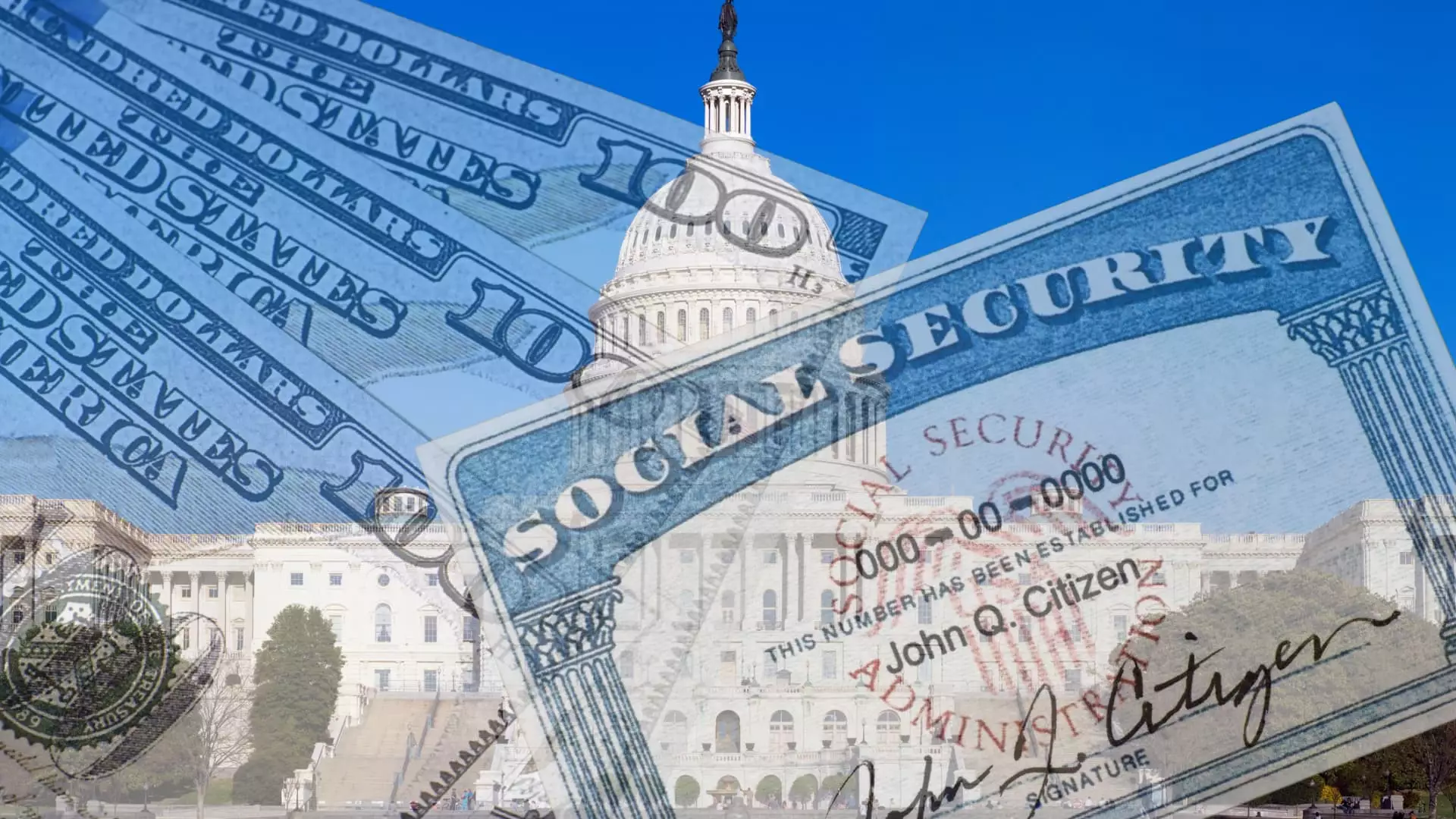As Congress rushes to avert a government shutdown, vital discussions are underway about the Social Security Fairness Act, a piece of legislation aimed at rectifying long-standing inequities in Social Security benefits for certain public sector workers. This endeavor is enmeshed in a complex political landscape where support and opposition abound, and it stands as a pivotal moment for millions of individuals who have felt the adverse effects of the Windfall Elimination Provision (WEP) and the Government Pension Offset (GPO). The act proposes significant changes that could redefine the financial future of many, but its path forward remains uncertain and contentious.
The Provisions Under Scrutiny
At the heart of the Social Security Fairness Act is the elimination of the WEP and GPO. These provisions have plagued public employees, such as teachers, firefighters, and police officers, by reducing their Social Security benefits if they also receive pension payments from jobs not covered by Social Security. More than 3 million individuals could be affected by these legislative changes, stirring emotions and garnering passionate advocacy for reform. Advocates of the bill, including organizations representing public workers, argue that these provisions are unjust; they insist that paying into a system should entitle individuals to the benefits they have earned regardless of their additional income streams. This sentiment echoes throughout the advocacy community, which has tirelessly pushed for repeal for over four decades.
A noteworthy aspect of the Social Security Fairness Act is its bipartisan support. The House approved the bill with a substantial majority of 327 votes, showcasing a rare moment of unity in a deeply divided Congress. Recent Senate votes have similarly signaled overwhelming support, raising hopes for the bill’s passage. However, the road ahead could hinge on potential amendments that some Senators are pushing to incorporate. This dynamic introduces a layer of complexity where the essence of the original bill could be altered—or even jeopardized—by the desire for compromises that cater to varying political interests.
Despite the enthusiasm for the Social Security Fairness Act, it does not escape scrutiny regarding fiscal responsibility. The Congressional Budget Office estimates that implementing this bill will incur approximately $196 billion in costs over the next decade, a figure that raises alarms among some lawmakers who fear exacerbating the financial strain on the already beleaguered Social Security Trust Funds. With the trust funds’ longevity coming into serious question—with some projections indicating possible depletion within nine years—the financial ramifications of this legislation cannot be underestimated. Opponents like Senator Rand Paul have articulated their concerns vocally, proposing alternatives such as gradually raising the retirement age, which they argue could mitigate financial pressures on the system.
Proposals for Amendments: A Complicated Bargain
As discussions unfold, several senators propose amendments that could modify the original bill. For instance, an amendment suggesting a more proportional formula for calculating benefits has garnered support from experts and lawmakers alike. While amendments might enhance the appeal of the bill to certain skeptics, they could also lead to complications, including requiring the bill to return to the House for approval, thereby introducing timing concerns, especially in light of growing urgency around government funding. Stakeholders like the National Committee to Preserve Social Security and Medicare have called for broader reforms to strengthen the overall structure and sustainability of Social Security rather than focusing narrowly on specific provisions.
Senate Majority Leader Chuck Schumer holds substantial influence over the bill’s trajectory. His decisions will determine whether amendments are permitted, what shape those amendments might take, and how swiftly the Senate moves toward a final vote. The tactical maneuvering that Schumer employs will significantly affect the final outcome, with potential delays looming with the threat of a government shutdown. Critics and advocates alike are watching closely to see if Schumer prioritizes speed over deliberation.
Ultimately, the Social Security Fairness Act represents a critical chapter in the ongoing conversation about social safety nets in America. The tension between ensuring fairness and maintaining financial viability underscores a broader narrative about how society values the contributions of public workers. As the Senate prepares for what could be a decisive vote, the implications of this legislation echo beyond the corridors of power, reaching into the lives of millions of Americans reliant on Social Security. With the stakes higher than ever, the nation watches closely, hoping that a path emerges that is both equitable and sustainable.

